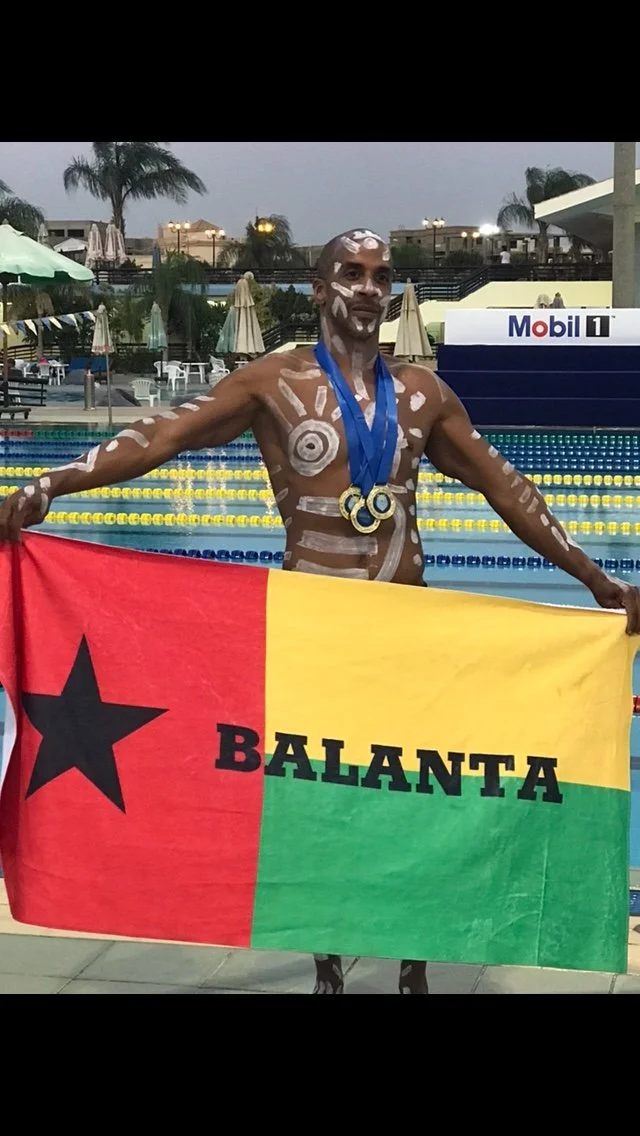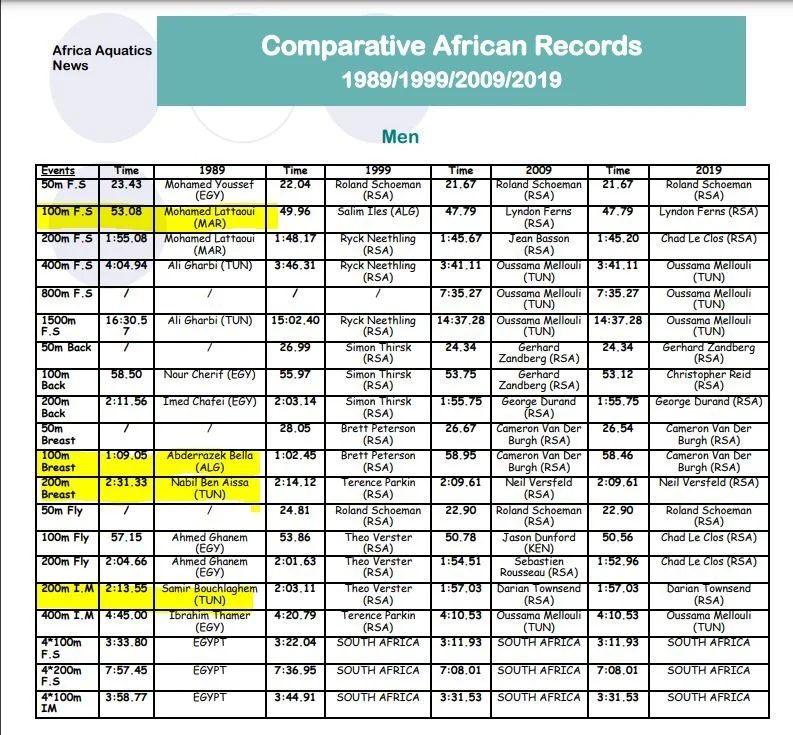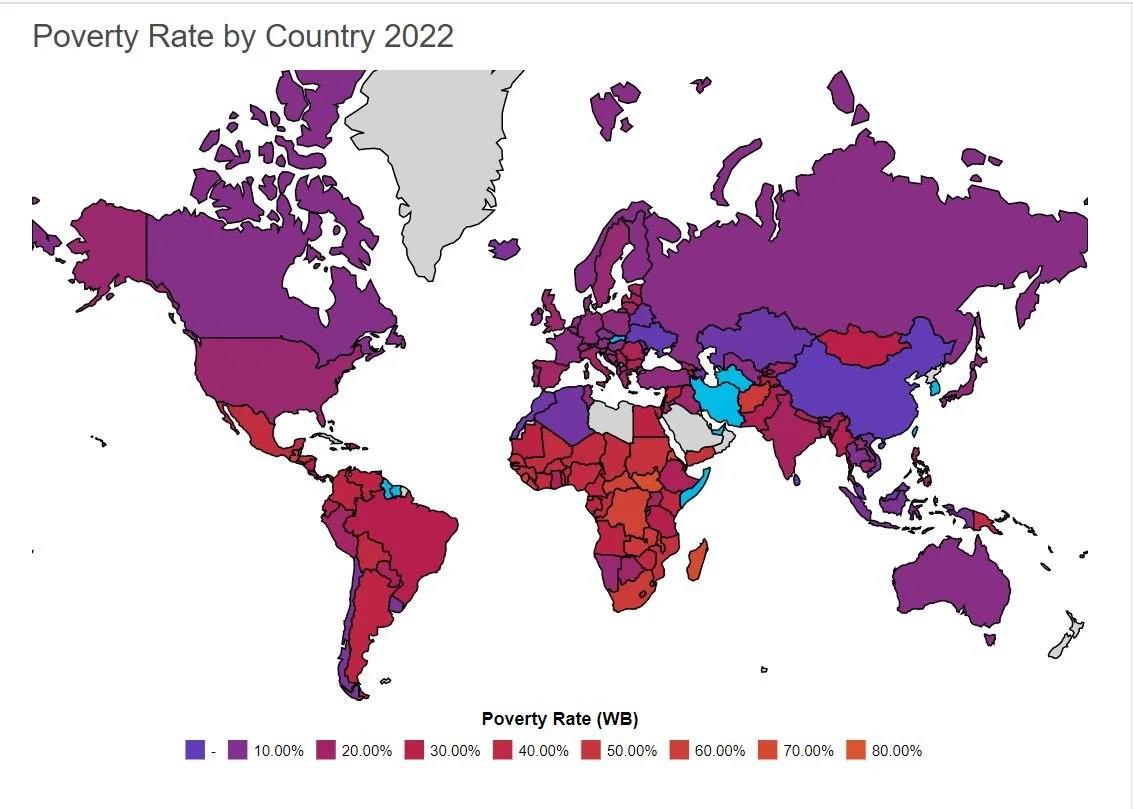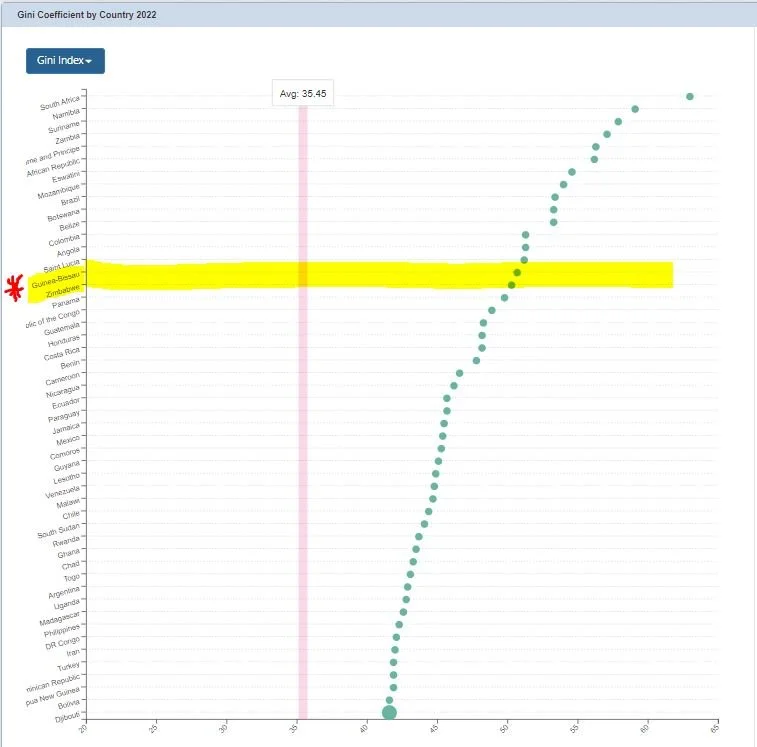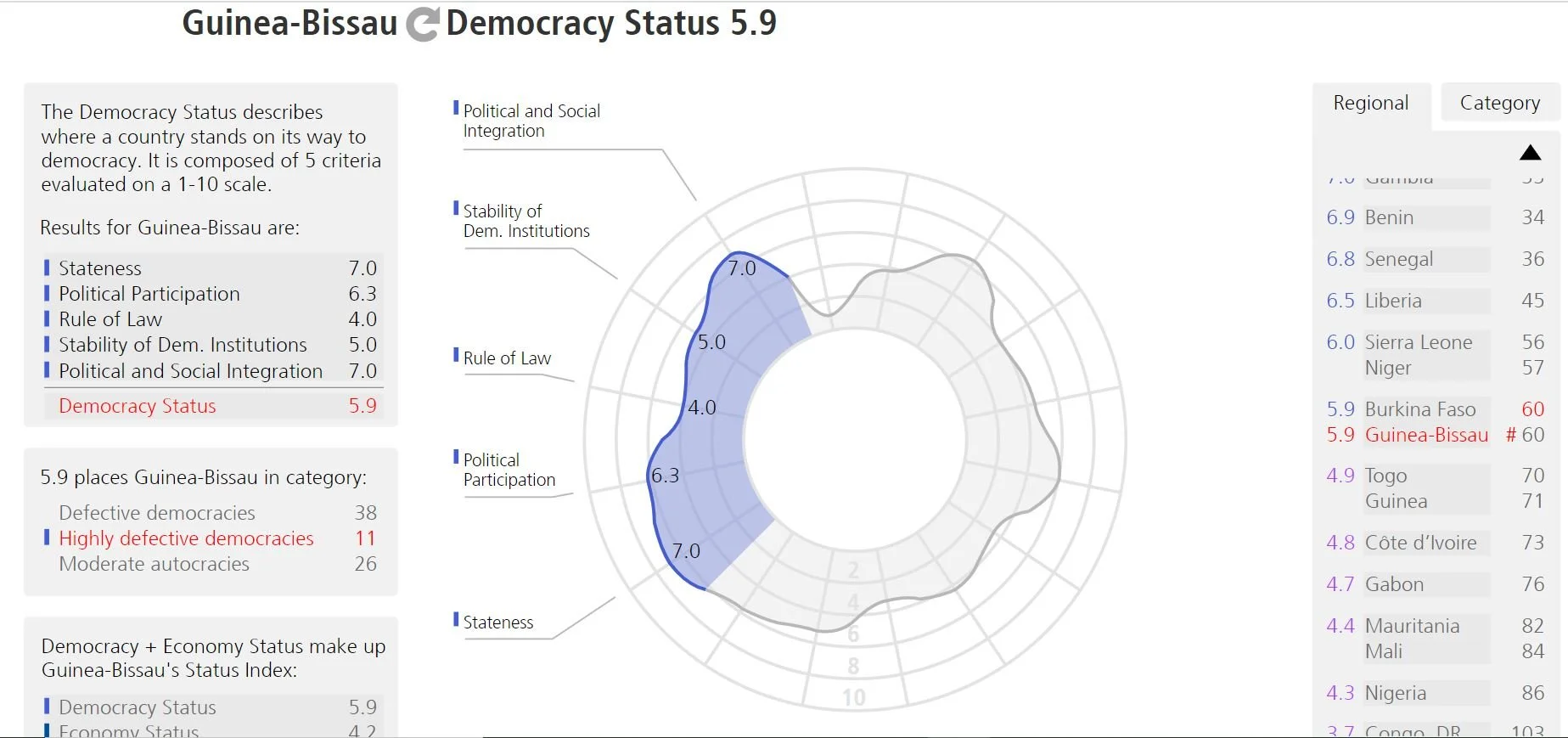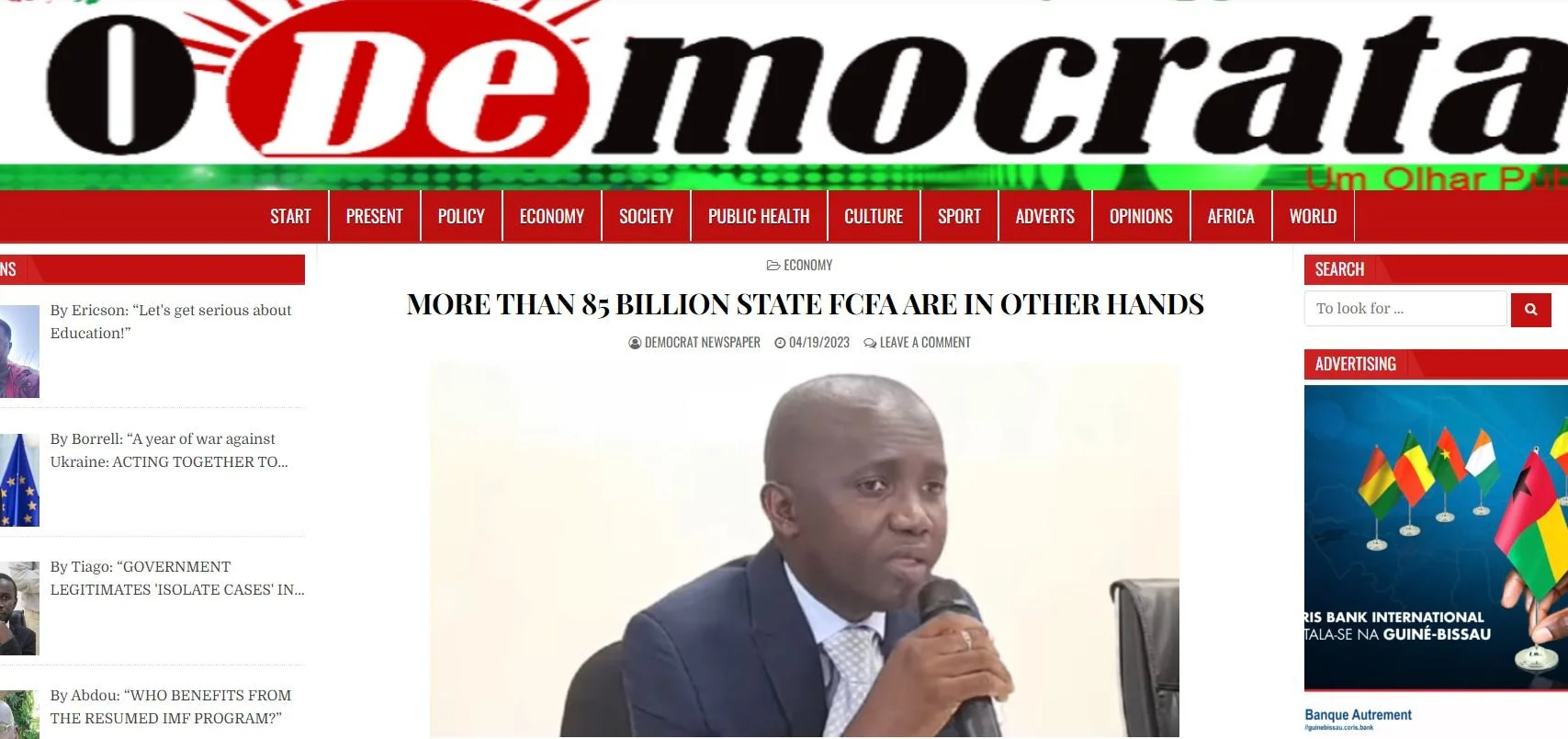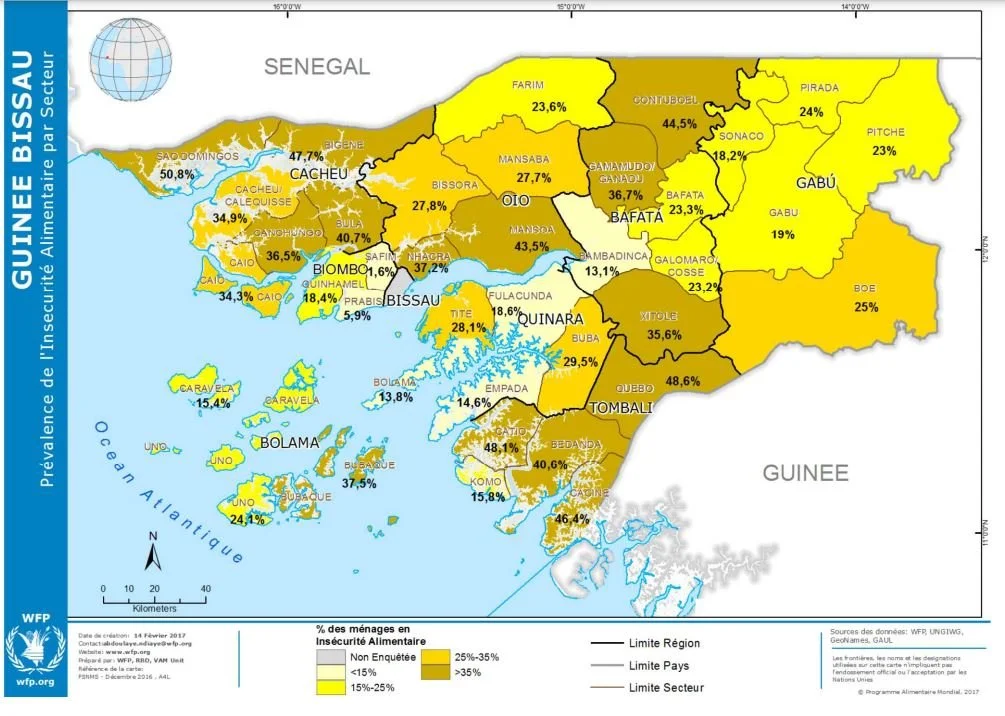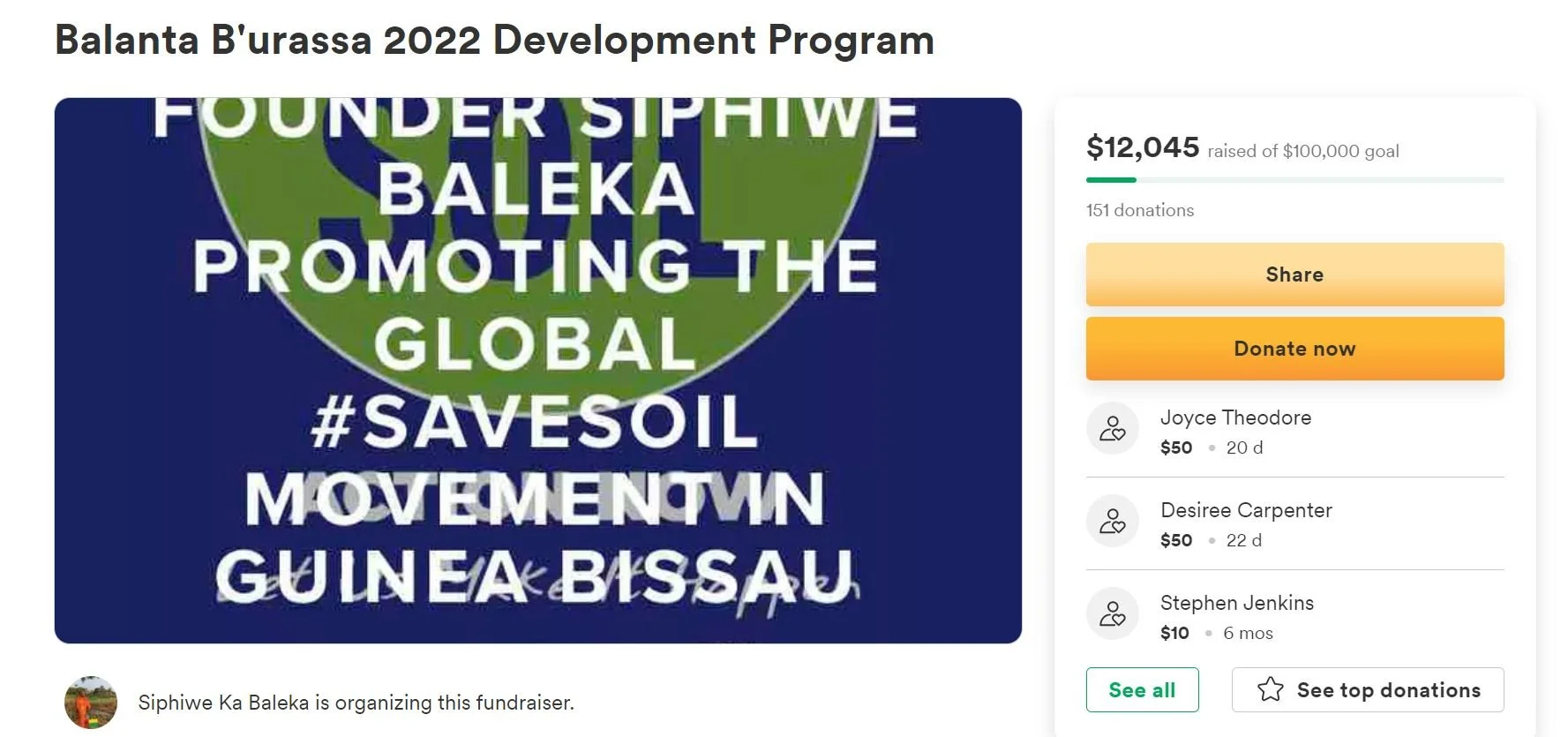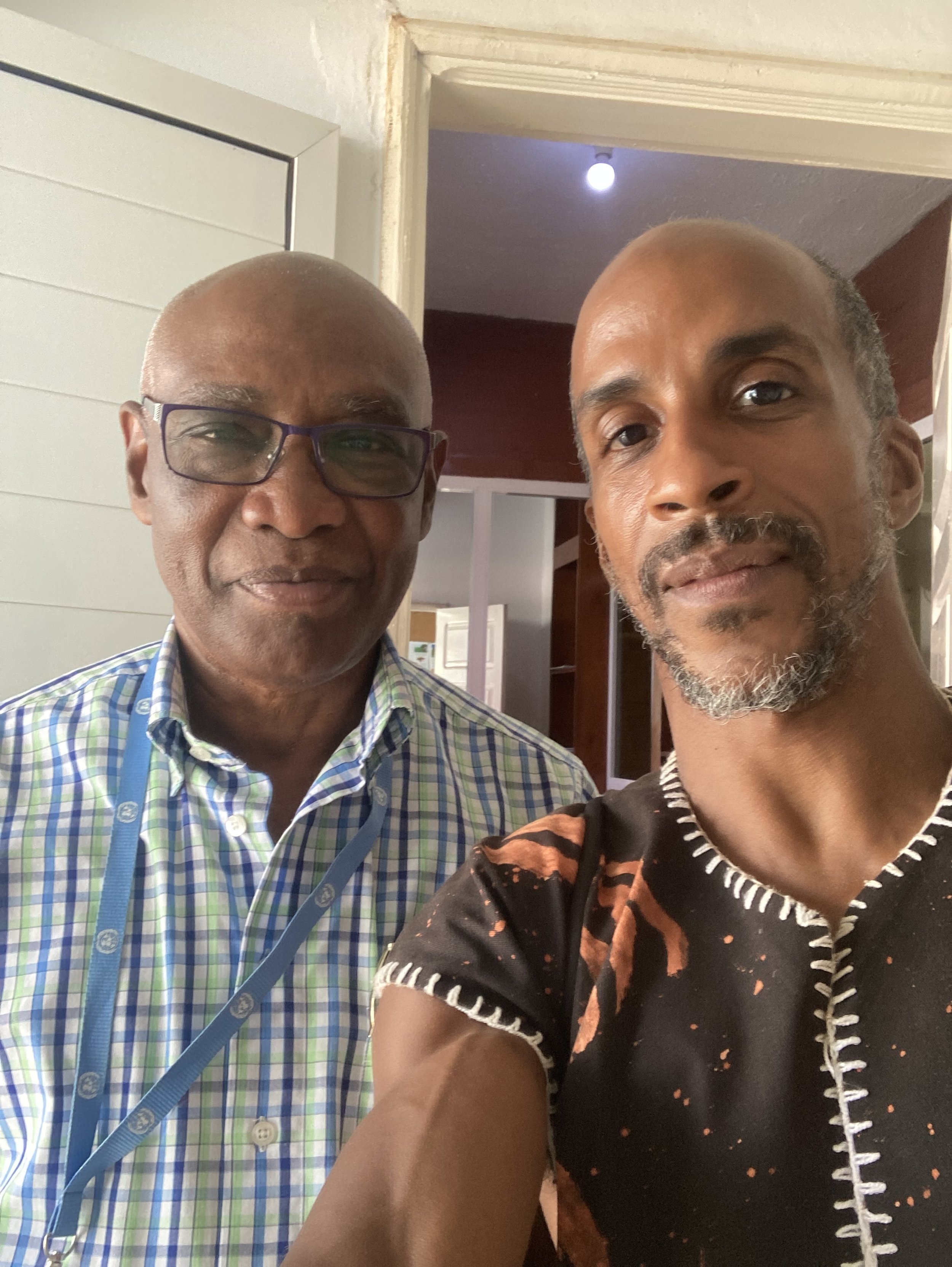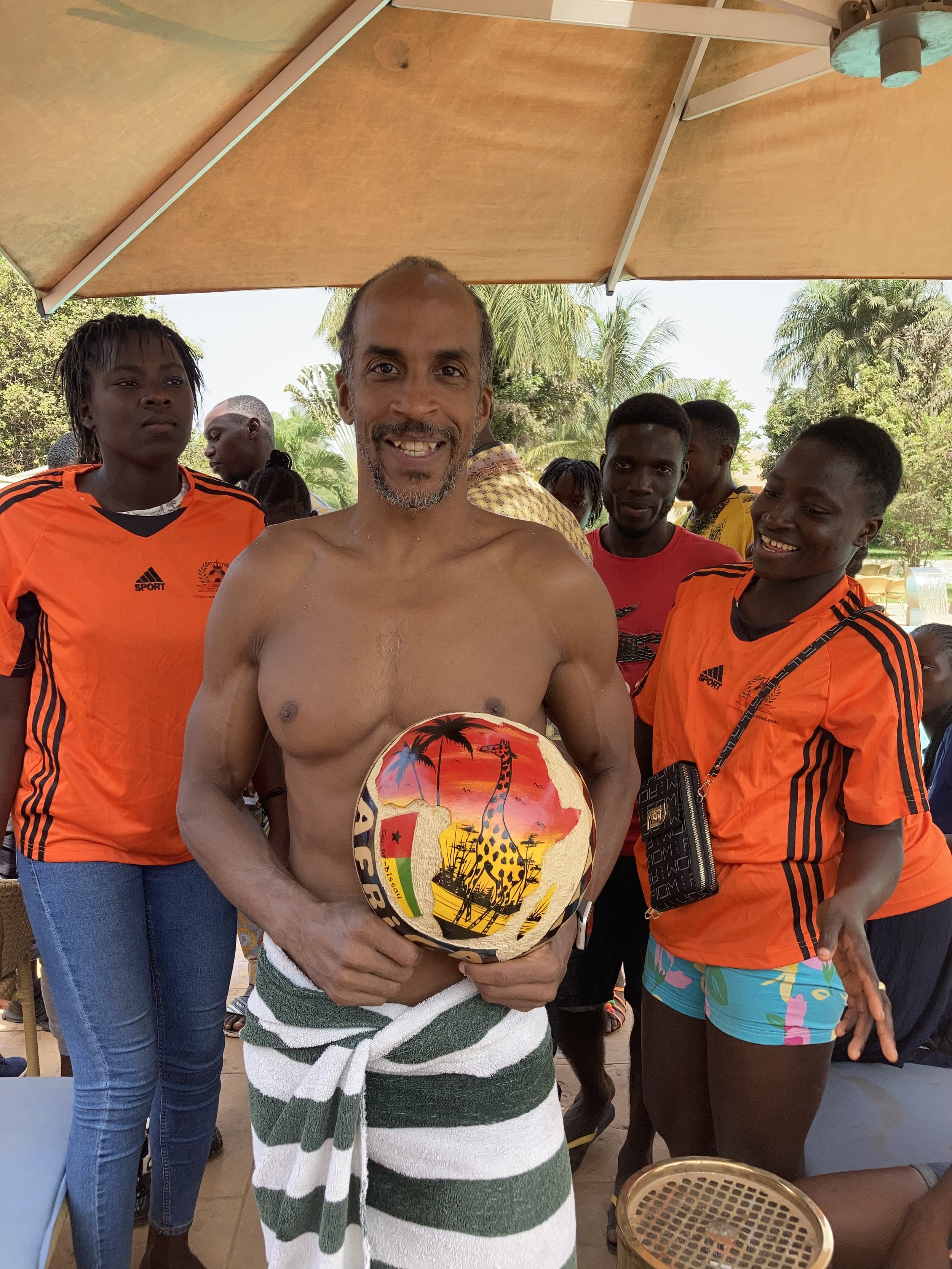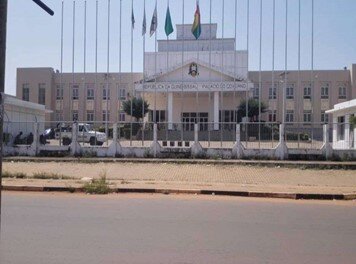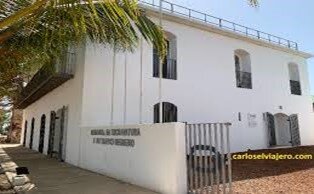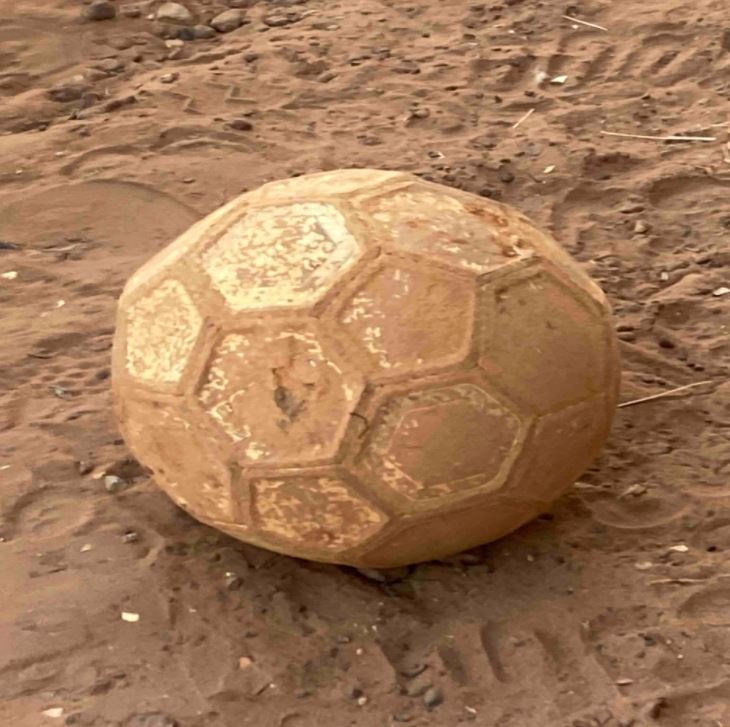Highlights of Siphiwe Baleka efforts to help FINA develop Swimming in Africa and the fight against him.
MISSION OF THE INTERNATIONAL SWIMMING FEDERATION (FINA)
“The mission of the FINA development programme is to elevate the importance of aquatics worldwide by providing a framework for increased participation, enhanced promotion, and global competitive success in the sport. Focusing its attention on: Promotion and support, education, governance & administration and high performance & training.” - FINA.org
“Your devotion to promote African swimming is quite laudable and wish we could have many more Siphiwes around.”
- Doreen Tiborcz, Masters Committee Chairman at FINA, October 11, 2019
1988 - at 17 years of age, I swam the 100 meters freestyle in 53.17 at the Long Course Junior Olympic Championships in Orlando, Florida. In 1989, the African Continental record was 53.08, which would have made me the second fastest black swimmer on the African Continent.
1989 - at 18 years of age, I won the Illinois Swimming State Championship in the 200 meter breastroke in a time of 2:28.2, faster than the African Continental record at the time, 2:31.33 held by Nabil Ben Aissa of Tunisia.
1991 - at the age of twenty, I swam the 100 meters freestyle in 52.29 - nine-tenths of a second slower than the US Olympic Trial Qualifying time. My time was 22nd fastest in the United States and was fast enough to place 48th out of 65 swimmers at the 1992 Olympics. The time was also fast enough to break the African Continental record, 53.08, held by Mohamed Lattaoui of Egypt (1989). My 100 breast time of 1:07.4 was also faster than the African Continental record of 1:09.05 held by Abderazzek Bella of Algeria. Finally, my 200 IM time of 2:10.20 was faster than the African Continental record of 2:13.55 held by Samir Bouchlagem of Tunisia. Had I been advised to return to my ancestral homeland of Guinea Bissau and compete for them, i would have been considered one of Africa’s greatest swimmers at the time.
1996 - “[Yale Swim Coach Frank] Keefe recalls meeting [Baleka] for lunch that semester and doing a double take when his former star walked into the diner. "He was a Rastafarian," Keefe said. "He said that he wanted to be the national swim coach of Ethiopia. We had a great conversation—with [Siphiwe] you always did. But, yeah, he was out there." from Sports Illustrated Article
AUGUST 28, 2015 - 1st attempt to compete in the African Swimming Championships email to CANA
From: Siphiwe Baleka <fitnesstrucking@gmail.com>
Date: Fri, Aug 28, 2015 at 2:00 PM
Subject: Eligibility to Swim in African Championships
To: <canazone4secretariat@gmail.com>
Greetings,
My name is Siphiwe Baleka. I am interested in swimming on the African Continent in 2016. I was born and raised in America, but DNA testing shows that my paternal ancestry is Balanta (people living in Guinea Bissau today) and that my maternal Ancestry is Yoruba. I am a two-time US Masters Swimming National Champion and the first African-American on the All Ivy League Swim Team. Below are my recent race results at the 2015 US Masters Long Course Nationals. In 2012, I became the first African American to finish Ironman South Africa (see my book TriBlackAlete) You can find out more about me by watching the Fox Sports live video.
I would like to know about the possibility of swimming in the African National Championships (on the basis of my ancestry) next year.
Thank you for your time,
Siphiwe Baleka
NOTE: NO RESPONSE FROM CANA ZONE 4 SECRETARIAT
DECEMBER 16, 2015 - Reaching out to the FINA Masters Technical Committee
From: Siphiwe Baleka <fitnesstrucking@gmail.com>
Date: Wed, Dec 16, 2015 at 5:06 PM
Subject: Competing in Africa in 2016
To: Mel Goldstein <goldsteinmel@sbcglobal.net>
Greetings Mel,
Any opportunity for me to compete somewhere in Africa in 2016?
Siphiwe Baleka
NOTE: NO RESPONSE FROM MEL GOLDSTEIN, FINA MASTERS TECHNICAL COMMITTEE
JANUARY 2, 2016 - Competing in Africa in 2016
From: Siphiwe Baleka <fitnesstrucking@gmail.com>
Date: Sat, Jan 2, 2016 at 3:02 PM
Subject: Competing in Africa in 2016
To: Mel Goldstein <goldsteinmel@sbcglobal.net>, Laura Hamel <lhamel@usms.org>
Cc: Shaun Adriaanse <canazone4secretariat@gmail.com>, analima29@hotmail.com, info@samastersswimming.com, kennedy@yebo.co.za, guyh@summercon.co.za, wahoosecretary@gmail.com, pjduffy@broll.com, bosmead@gmail.com, mangelos@mweb.co.za, "winrose@telkomsa.net" <winrose@telkomsa.net>, "odendaalannemarie0@gmail.com" <odendaalannemarie0@gmail.com>, "judy.collins@vodamail.co.za" <judy.collins@vodamail.co.za>, "hestersnyman@mweb.co.za" <hestersnyman@mweb.co.za>, marinetzswimmingclub@gmail.com, info@swimafrica.net, sports@ug.edu.gh, headofschool@lincoln.edu.gh, kmoolchandani@lincoln.edu.gh, info@softkenya.com, eth@telecom.net.et, "Green, Robert (DPR)" <robert.green@dc.gov>, Kathy Cooper <blackheritageswimming@gmail.com>
Greetings,
This email is going out to people and organizations that may be interested in my effort to become a World Champion at the 2017 FINA Masters World Championships (Men's 45-49 Age Group). If I am successful, I may become the first African American Masters Swimming World Champion. In preparation, I am planning to connect my passion for swimming with my ancestral heritage, something I did in 2012 when I became the US Masters Swimming National Champion in two evetns and then became the first African American to complete Ironman South Africa.
In preparation for 2017 Masters Swimming World Championships, I am planning my own personal Black Swimming tour in 2016 that begins with the 30th Annual BlackHistory Invitational Swim Meet in Washington, D.C. February 12th through the 16th. Then moves to the 14th Annual National Black Heritage Swim Meet in Cary, North Carolina May 28-29. I am hoping to culminate this tour with a competition in Africa sometime between August and December 2016. The purpose of such a trip would be:
1) interest African Americans in the sport of swimming at all levels, from kids through masters
2) provide historical and cultural components to the sport
3) connect black swimmers in America with black swimmers in Africa
4) propsect on possibilities for coaching black swimmers in Africa
5) compete against some of the best swimmers, white and black, on the African continent
6) provide personal fulfilment returning to the continent
In essence, this campaign is a way for me to combine two of the most important things in my life: my ancestors and swimming.
If you are able to provide any information about any opportunities to compete and participate in any ongoing swimming program on the African continent in the second half of 2016, please don't hesitate to contact me.
Respectfully,
Siphiwe Baleka
NOTE: NO RESPONSE
AUGUST 23, 2019 - Contacting Senegal and Guinea Bissau Swim Federations
From: Siphiwe Baleka <fitnesstrucking@gmail.com>
To: Kyle Deery
Cc: Fares Ksebati ; Mel Goldstein <goldsteinmel@sbcglobal.net>; Paige Walters
Sent: Friday, August 23, 2019, 11:56:18 AM EDT
Subject: Contacting Senegal and Guinea Bissau Swim Federations
Greetings Kyle,
My apologies for all the requests lately, but with Laura not at USMS anymore, you are the only one that I know. I need help contacting Dr. Mohamed Diop, FINA Bureau Member from Dakar I will be traveling to Senegal and Guinea Bissau in late December and I want to do some swim related activities, possibly some swim clinics. I need swimming contacts in these countries. Perhaps USA Swimming can help as well. I've contacted Mel Goldstein previously and he is CC'd on this email as well. I appreciate any help or contacts that you can provide.
Respectfully,
Siphiwe Baleka
From: Mel Goldstein <goldsteinmel@sbcglobal.net>
Date: Fri, Aug 23, 2019 at 7:26 PM
Subject: Re: Contacting Senegal and Guinea Bissau Swim Federations
To: Siphiwe Baleka <fitnesstrucking@gmail.com>
Cc: Kyle Deery, Fares Ksebati, Paige Walters
Siphiwe
Mohamond is from Senegal not Dakar.. I will forward your message to him and he will contact you if his federation is interested
From: Siphiwe Baleka <fitnesstrucking@gmail.com>
Date: Fri, Aug 23, 2019 at 7:33 PM
Subject: Re: Contacting Senegal and Guinea Bissau Swim Federations
To: Mel Goldstein <goldsteinmel@sbcglobal.net>
Cc: Kyle Deery , Fares Ksebati , Paige Walters
Mel, Dakar is the capital of Senegal.
From: Mel Goldstein <goldsteinmel@sbcglobal.net>
Date: Sat, Aug 24, 2019 at 2:24 AM
Subject: Re: Contacting Senegal and Guinea Bissau Swim Federations
To: Siphiwe Baleka <fitnesstrucking@gmail.com>, Kyle Deery
Yes, my bad thinking of Doha .. I have sent your message to Mohammod.
Mel Goldstein, Education Services | U.S. Masters Swimming
Le 27 août 2019 21:08, Mel Goldstein <goldsteinmel@sbcglobal.net> a écrit :
Mohamed,
I hope your travels were uneventful as was mine... This gentlemen contacted our National Office and wanted to make contact with you... I am reluctant to give out information. If you want to contact him his email is below...
I still want that blue shirt...
Mel Goldstein, Education Services | U.S. Masters Swimming
On Tue, Aug 27, 2019 at 7:49 PM Mohamed Diop <drmohameddiop@yahoo.fr> wrote:
Dear Siphiwe
My friend foward me you email.
I will happy to meet you in Dakar in décembre.
Infortunally, Guinée Bissau don't have active fédération but i can give you One contact.
Please received my WhatsApp contact :
Dr Mohamed Diop +221766696539
Regards Mohamed
OCTOBER 3, 2019 -
Siphiwe Baleka’s Sorcery Dominates 1st International Masters Swimming Championships
OCTOBER 19, 2019 -
On 9 Oct 2019, at 16:15, Siphiwe Baleka <fitnesstrucking@gmail.com> wrote:
Greetings Doreen,
It was a pleasure to meet with you in Egypt and have the opportunity to talk frankly about FINA and your work as the Masters Committee Chairman. Please keep me in mind whenever there is an opportunity to compete or promote swimming at all levels in Africa. Towards that end, African Sports Monthly will be featuring my interview in their magazine next month (see email thread below) to start this campaign. I will be working to promote African swimming for the 2022 Youth Olympics in Dakar, Senegal as well as to promote Masters Swimming, too.
Respectfully,
Siphiwe Baleka
DECEMBER 29, 2019 - ASVG MOU for African Ancestry
From: Siphiwe Baleka <fitnesstrucking@gmail.com>
Date: Sun, Dec 29, 2019 at 12:13 PM
Subject: ASVG MOU for African Ancestry.docx
To: <asvgnorthamerica@gmail.com>
MEMORANDUM OF UNDERSTANDING
BETWEEN
THE AFRICAN SPORTS VENTURES GROUP (ASVG)
AND
AFRICAN ANCESTRY (AA)
WHEREAS, ASVG recognizes that the Global Sports market is a multi-billion-dollar highly lucrative industry witnessing continuous growth, expansion and benefits to many communities, generating US$700 billion in revenues annually;
WHEREAS, ASVG, headquartered in Accra, Ghana is a Limited Liability Sports Solutions, Services and Business Corporation with the vision to provide gifted athletes in Africa with the opportunity to thrive and reach their full potential while also developing the platforms and full services to provide for careers in the sports industry;
WHEREAS, ASVG reached a milestone agreement with the Federation of Africa University Sports (FASU) to institute a continental Student-Athlete Sports Scholarship program for Universities in Africa on November 22nd 2019, will now establish the first ever African Collegiate Sports League for all sports disciplines mirroring the NCAA in the USA;
WHEREAS, African Ancestry (AA) has helped more than 500,000 people of African descent recover their history, reconnect with their ancestors, and create a lasting legacy for future generations;
WHEREAS, AA has played a significant role in the “Year of Return” which the Ghana Tourism Authority reports has already witnessed 750,000 foreign visitors in 2019, a number that is expected to top 1M before the year ends with up to 1.9 billion dollars also expected to be accrued in revenue as a result of the Year of Return activities;
WHEREAS, AA has launched its Family Reunions initiative that will bring many members of the African Diaspora to several countries on the motherland;
WHEREAS, ASVG sees an opportunity to include professional athletes in AA Family Reunions while giving them a secure opportunity to develop the sports industry in Africa;
WHEREAS, the relationship between the two organizations will be of mutual benefit in engaging increased benevolence, trade, investment and most importantly, reconnection with Africa;
NOW, THEREFORE, WE, the undersigned affix our signatures in agreement to work jointly in support of each other and the people of Africa and African descent this day of 2019, in Accra, Ghana. Specifically, we will join our effort in taking the following steps:
ASVG will direct professional athletes to take the AA matriclan and patriclan DNA tests;
ASVG will connect the professional athletes with one of the 32 Universities in the African Collegiate Sports League closest to his ancestral homeland through ASVG’s Sports Scholarship Fund;
ASVG works with AA to bring the professional athlete to his or her sponsored University through AA’s Family Reunion initiative
ASVG promotes AA as an official sponsor of the African Collegiate Sports League; AA promotes ASVG Sports Scholarship Fund and refers professional athletes who take the AA test to ASVG.
ASVG and AA work to match each of the 32 Universities with at least one professional athlete from America.
All “Official” project materials to be jointly approved by ASVG and AA and shall contain respective logos and signage.
JANUARY 10, 2020 -
Guinea Bissau Prepares To Launch its "Decade of Return" Initiative: Report of the President of the Balanta B'urassa History & Genealogy Society in America Mission To Guinea Bissau
“MINISTER OF SPORT
In the morning, I went to the Palacio do Governo in my capacity as the African Sports Ventures Group (ASVG) North America Regional Director to meet with the Guinea Bissau Minister of Sport Mr. Dionisio Pereira to discuss ASVG’s program to bring African American professional athletes to their ancestral homelands during the “Decade of Return”. The Minister agreed to write a letter of special invitation to a legendary multiple Olympic champion who happens to have Balanta ancestry to join our group during our Africa Day 2020 Tour to Senegal and Guinea Bissau. Once I receive the invitation letter, deliver it to the athlete, and confirm acceptance, I will announce who it is. I can’t wait.”
JANUARY 20, 2020 -
On 20 Jan 2020, at 18:18, Siphiwe Baleka <fitnesstrucking@gmail.com> wrote:
Greetings Doreen,
I just returned from Guinea Bissau. It was an amazing trip and you can read all about it here.
After talking to GB's Minister of Sport, Dionisio Pereira, he agreed that it would be a great thing if Guinea Bissau gave me citizenship (because of my Balanta ancestry) and I competed in this summer's Olympics for Guinea Bissau. I am writing to you to find out if there's anything preventing me from doing this according to IOC rules. Can you investigate this for me please? I believe I would be the first African American to compete for an African nation at the Olympics.
Thanks and I look forward to hearing from you soon.
Siphiwe Baleka

